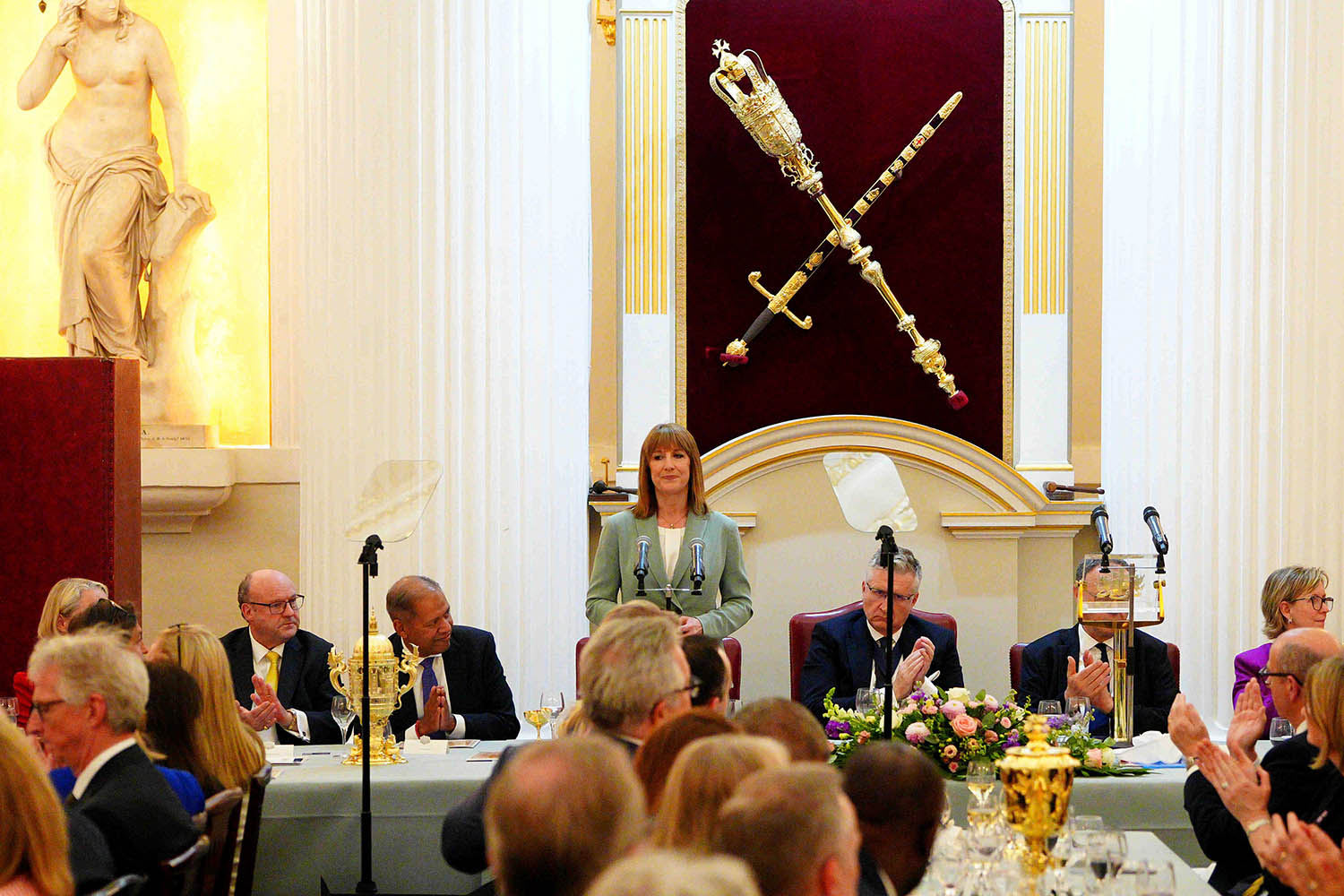The government is listing in the water. Yet it is vital not just that it stays afloat, but it succeeds. In fairness it is doing many of the right things – the NHS 10-year plan, a clever industrial strategy, raising public investment and getting closer to the EU on defence and security. It also had to raise tax big time, and from whatever source the impact would have been economically depressive.
But though the economy is hardly flourishing, the fact real incomes are rising and the stock market is broaching new highs suggest resilience. Even NHS waiting lists are falling. It gets zero credit.
Part of the problem is a self-made incapacity to set a persuasive narrative. It suffers from a barrage of attacks from a British right still in thrall to the intellectual paradigm that authored the disasters that have hit Britain over the past 45 years – monetarism and excessive deindustrialisation, financial deregulation and the financial crash, ill-framed privatisation, austerity, Brexit and indifference to gross inequality. The right has learned nothing. Thatcherism did not save Britain. It laid us low.
A review of the tax system should make it simpler and fairer to everyone
A review of the tax system should make it simpler and fairer to everyone
But the government does not combatively say this; nor set out clearly that it wants to break from that thinking. It prefers to couch its defence in terms of the virtues of stability and pragmatism – apple pie and motherhood statements it knows will arouse little complaint. But nor do they arouse support. Fire must be fought with fire. What is needed is ideological yeast that allows the public (and a restless Labour party) to understand what it is trying to do and why.
One of the reasons for the success of the Blair government was its willingness to mount such an ideological argument; it advocated a third way and tried to implement it. You could congratulate or repudiate it – but everyone knew what it was about. It was a brave attempt to reshape and reposition the left so it was a friend of social solidarity, collective effort and capitalist dynamism.
Had the financial system not run amok – in part because New Labour trusted Thatcherite financial deregulation too much – Labour would almost certainly have won a fourth term. Blair didn’t sack dissenters and rebels: he argued with them.
Last week’s Mansion House speech by the chancellor was a classic of this unsuccessful genre. In her 2024 Mais lecture, Rachel Reeves was beginning to argue that Thatcherism had left a poisonous legacy, and she was going to set a new course prioritising investment. She would not have said, as she did at Mansion House, that “regulation is a boot on the neck of business” inhibiting risk-taking and innovation. This was a genuflection to a body of thinking that needs exploding, not assuaging. Worse, it does not even describe the core of what she is doing.
For example, Britain is not short of risk-taking entrepreneurs – we have the third highest number of startups in the world. Entrepreneurship is not about blithely taking blind risks that might wreck your business, unless you can organise the heads-I-win, tails-you-lose approach to risk the bankers created that caused the 2008 financial crash. What we lack is the financial ecosystem that allows risk to be better shared between public and private sectors – in effect partly socialising risk as Keynes argued – to help productive enterprise grow. Here, Reeves is rightly equipping the government’s British Business Bank (BBB) with more capital so it can leverage more private venture funding into fast-growing private British companies. The big story is the emergence of a sophisticated risk-sharing system supported by well-designed regulation – hardly a boot on the neck of business.
This should be part of a bigger argument. The government is following through from New Labour. It recognises the need to engineer a comprehensive social floor and ladders of opportunity. A fourth industrial revolution is breaking over us and unless Britain is at the forefront – deploying approaches like the BBB to create a vibrant tech sector – we will become a third-class country. On top, we are the world’s second biggest exporter of services; they need boosting by closer association (even membership) of the EU. The common good of a vigorous economy intertwined with a stronger society mobilised by a commitment to fairness are the governments north stars – all that the many can flourish
The months leading up to the October budget are going to be in the doldrums economically and politically. Inflation will fall slowly, if at all; unemployment will climb; the economy will drift; speculation about tax rises will become feverish.
Newsletters
Choose the newsletters you want to receive
View more
For information about how The Observer protects your data, read our Privacy Policy
The government has to seize the narrative. It should say it will raise funds across as many sources as possible to cause as little pain as possible while being as fair as possible. It should argue that increased tax is in the service of public purposes we all understand in circumstances that have radically changed. Funds must be found for defence; but so they must across the gamut. Nor is there a vendetta against the wealthy. But as wealth has doubled in relation to national income over the past 40 years, their proportional contribution to the exchequer has unfairly fallen. It is fairness that demands that change, but not to trigger their exodus. A review of the tax system should ensure it is simpler and fairer.
Successful politics is about being on the front foot and setting the narrative. Being in government gives politicians an immense advantage. They are the narrative setters. Labour must exploit the advantage – or it will lose it.
Photo by Carl Court/Getty Images



